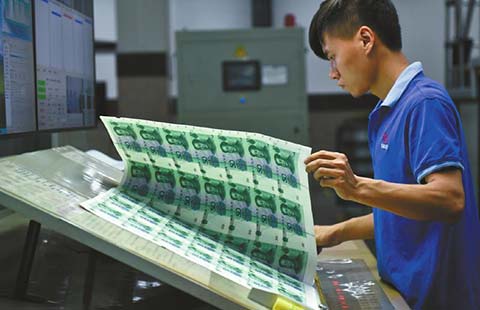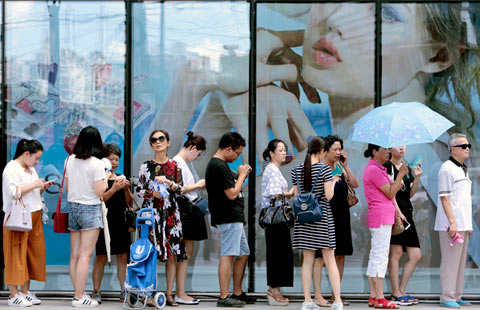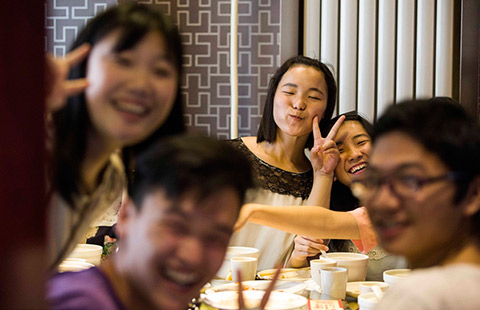Australian expert has high expectations for G20 leaders summit
(Xinhua) Updated: 2016-08-10 17:16SYDNEY - Expectations are high on world leaders at the upcoming G20 summit to lay the path to strong, sustainable and balanced growth, or risk further global fragility, an Australian expert has told Xinhua.
Leaders of the world's 20 largest economies (G20) leaders are set to meet in China's Hangzhou on Sept 4 and 5 to discuss what the Lowy Institute for International Policy's G20 Studies Center program director Tristram Sainsbury expects will be a very technical agenda.
"I expect China will be driving an agenda that is closer to the longer term economic challenges that the G20 has been facing for a long time," Sainsbury, who is also a visiting fellow at Renmin University's Chongyang Institute for Financial Studies and the Kiel Institute for the World Economy, recently told Xinhua.
Over the past two years, the global economic narrative has been slowly moving away from the G20's goal of strong, sustainable and balanced growth, which has led to continued feelings of inequality from low global growth, continued slack in the labour market.
Political pundits have cynically called the G20 an increasingly irrelevant bloc, despite it being good at having a history of dealing with financial shocks, such as the Global Financial Crisis and Euro Crisis.
"I don't agree with those statements," Sainsbury said. "The G20 is still providing active leadership on economic matters... (and) continuing to address and drive a technical agenda that is affecting people's lives."
China will design the Hangzhou summit's likely technical agenda addressing trade, investment, structural reform and challenges associated with sustainable development and climate change, particularly watchable to see what mechanisms lifts the G20's ambition, Sainsbury said.
"The sense of calm, steady, complete the jobs, continue with a technical agenda, which is very much consistent with the way China is wishing to take the G20 this year, is a very positive system in a peace time setting," Sainsbury said, adding it has been observed in the G20 minister's meetings this year.
Sainsbury said some western political leaders failed to promote the liberal economic order and ensure their people the global institutions. And all these are "in fact doing credible and necessary work that's leading to security and prosperity."
"The question (for the upcoming G20 summit) is: what level of leadership do governments of the 20 biggest economies in the world need to provide to give the sense to people that the risks are being managed?"
"It's the best you could hope for in terms of incremental reform," Sainsbury said. "(But) if the ambitions aren't met, then this low growth, high unemployment, mounting risks scenario will continue to play out, and the risks are going to get greater."
- China poised to play crucial role at Hangzhou meeting: says Argentine expert
- Ties with China 'essential' to Argentina: Scholar
- China's role in G20 summit vital to global growth: Italian expert
- G20 nations to revive recovery via pro-growth strategies, innovation
- Focus on innovation must take care of jobs: Mexican economist
- Research firm IDC to mine rural consumer data
- China extends anti-dumping duties on chemical from ROK, Thailand
- China spends big in housing renovation
- Tsinghua University turns to US tech firm for big data push
- Innovation drives China's growth, restructuring
- China poised to play crucial role at Hangzhou meeting: says Argentine expert
- Xiaomi-backed smart home appliance maker to go public at China's OTC stock board
- Chinese business buys Aussie island: media


















